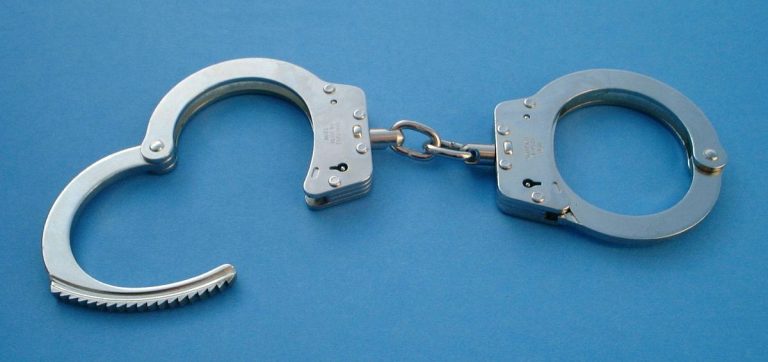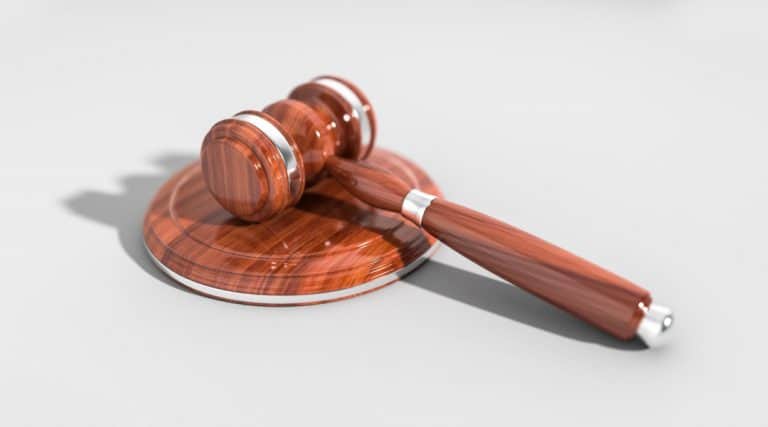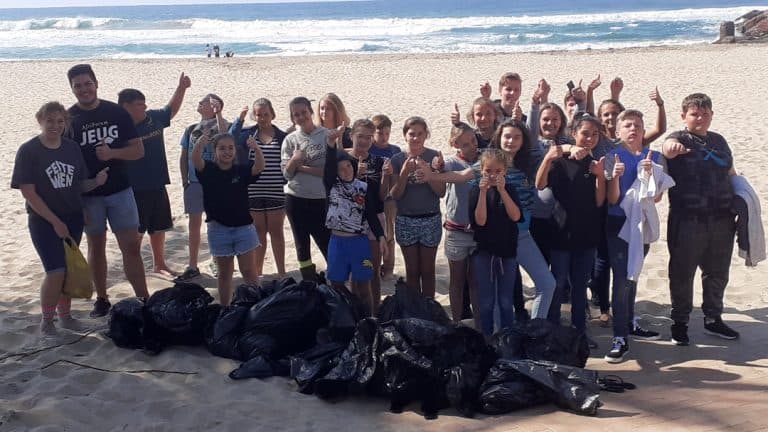AfriForum questions Stellenbosch’s wastewater woes; lodges a complaint with the Information Regulator
Available facts from, among others, the Department of Water and Sanitation (DWS) regarding the Stellenbosch Municipality’s wastewater treatment plants and the quality of treated wastewater that flows from plants in this municipality into the Eerste and Veldwagters Rivers require urgent action, says AfriForum. Therefore, AfriForum filed a complaint with the Information Regulator (IR) to insist that information on this, which was already requested from the municipality in October 2023 as part of an application in terms of the Promotion of Access to Information Act (PAIA), be handed over to AfriForum. AfriForum maintains that information from municipal sources contradicts that of DWS and aims to ignore and underplay the problem, thereby misleading the public.
AfriForum’s complaint to the IR follows a year-long struggle. After the Stellenbosch Municipality refused AfriForum’s PAIA application about alleged pollution of and wastewater discharge into Stellenbosch’s rivers, an appeal process was followed. This process also failed because the information was said to be confidential, according to the municipality. However, AfriForum is convinced that making it available is in the Stellenbosch community’s interest and that residents have the right to access this information.
Meanwhile, DWS’s Integrated Regulatory Information System (Iris) confirms that water recently tested at Stellenbosch’s wastewater treatment plants does not meet the necessary standards. The Iris water management platform offers, among other things, public access to records of municipalities’ legal compliance monitoring results as a mechanism to promote transparency.
According to the Iris records on treated wastewater from the Stellenbosch Wastewater Treatment Plant, the 116 most recent sample analyses show that in 61 cases the required quality standards were not met. This amounts to a non-compliance level of 53%. In addition to several physical and chemical properties that were not up to standard, 21 analyses (i.e. 18% of the 116 analyses) showed the presence of E. coli (Escherichia coli) above the permissible levels. One case reported up to 206 000 parts per 100 ml, significantly exceeding the permissible limit of 10 parts per 100 ml. This suggests that insufficiently treated wastewater was pumped into Stellenbosch’s rivers, potentially posing serious health risks downstream.
In the case of the Wemmershoek Wastewater Treatment Plant, the 190 most recent sample analyses show that in 115 cases the required quality standards were not met. This figure shows that processed wastewater did not meet the standard in nearly 61% of these cases. Furthermore, 37 analyses (19% of the 190 analyses) reported E. coli levels above the permissible limits, with one case reporting up to 3 800 000 parts per 100 ml.
DWS’s national Green Drop Progress Report for 2023, which was released in November last year, also paints a worrying picture of Stellenbosch’s wastewater treatment plants. This report contains the results of a comprehensive year-long assessment of the country’s municipal wastewater treatment plants. According to the report, the Stellenbosch and Wemmershoek plants achieved a cumulative risk rating of 86,4% and 82,4% respectively (a higher percentage indicates a higher risk). This places both plants in the high-risk category and is an indication of poor performance in critical aspects of process control, maintenance, capacity, and compliance with the applicable quality standards for the release of treated wastewater. Stellenbosch Municipality’s performance was also described in the report as “dismal” and a “deep concern”, due, among other things, to the poor microbiological quality of treated wastewater and the municipality’s inability to provide the necessary information to DWS for determining the accuracy of the results reported by the municipality on Iris.
According to Jacques Benade, AfriForum’s District Coordinator for the Boland, Stellenbosch Municipality’s recent claims that there are “no issues” with wastewater in this municipality are contrary to what sources such as the Iris platform and the Green Drop Report show. “The residents of Stellenbosch will no longer allow the municipality to pull the wool over their eyes,” emphasises Benade. “The truth must come out, and AfriForum is ready to fight on in the interests of residents, businesses, farmers, and the community’s economy.”
In the meantime, AfriForum has also commissioned an independent and accredited laboratory to undertake comprehensive water tests and, among other things, to investigate rumours of the dumping of untreated sewage into the Veldwagters and Eerste Rivers. The results of the report are expected to be released next year.











